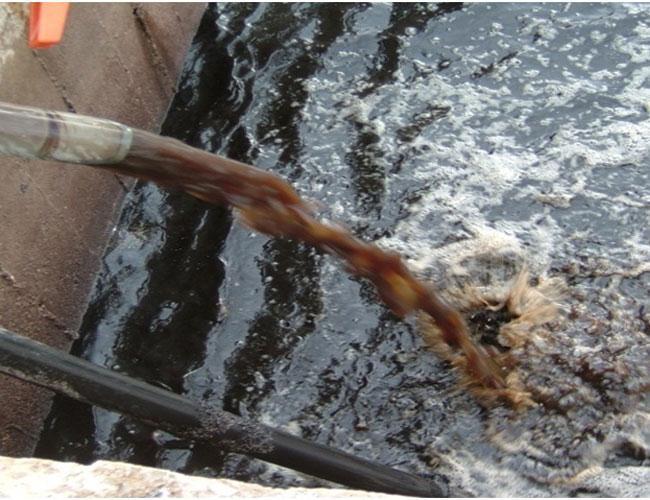
A project initiated by Turkish experts to turn olive mill wastewater from olive production into industrial raw materials and products such as biodiesel and animal feed has received the support of a European Union program.
In the production of olives and olive oil, the management of olive mill wastewater remains a critical and unsolved problem, with generations of enormous amounts of pollution fallout, which is difficult to handle in wastewater treatment facilities.
The project aims to produce raw materials and products, from the olive mill wastewater, for the animal feeding and feed additive industries as well as biodiesel, cosmetic and pharmaceutical sectors.
Turkey’s Düzen Laboratory, along with Ankara University, has been working on a project called “Rhodolive” to decompose the wastewater’s organic load through fermentation and to transform it to high added value products.
Düzen, Ankara University’s department of chemical engineering and the Laleli Olive and Olive Oil Company had made a call for “biotechnology for a sustainable bio economy” to the ERACoBioTech program of the EU to get support for the project. Six research centers from Slovenia, Spain, Italy, Germany and Latvia responded to the call and decided to contribute.
Under an international consortium, the project will be launched in June and a pilot scale production reactor will be set for 30 liters for the initial stage under the coordination and management of Düzen and Ankara University.
Then the project, which has received 2 million euros of budget for 36 months, aims to proceed to a further stage of industrial production in high quantities.
“I have never considered olive mill wastewater [Karasu] and olive pomace as garbage. I made more investment to the pools than the factory itself. I settled an olive mill wastewater. I used residuum as a fertilizer to soften soil and soil sediments for agricultural irrigation,” Yahya Laleli, founder and director of Düzen Laboratories Group and owner of Laleli Olive and Olive Oil company, told the Hürriyet Daily News.
“In addition to obtaining protein oil from the cells that we obtained, we also removed the toxic effect on the olive mill wastewater. Now, we have achieved an environment where it can be used in irrigation and is compatible with nature. We also have products from the ferment that we have produced,” he said.
In terms of pollution, one cubic meter of olive mill wastewater is equivalent to almost 100-200 cubic meters of domestic sewage. Its uncontrolled disposal into water reservoirs leads to severe problems for the entire ecosystem. The annual world olive mill wastewater production is estimated to be from seven to over 30 million cubic meters.